It's essential to have a functioning water heater during the winter months if you want a comfortable living. In some circumstances, you might need to protect heating equipment from the cold too! More specifically, water heaters might be at risk. What happens if your hot water heater freezes? If that's your concern, we've researched the issue for you!
There is a risk that your hot water heater can freeze during the winter months. If it does, there are a few problems that can surface. Once the pipes are frozen, they will expand and may burst or leak. Regarding performance, it might increase your energy bills because it will have to work harder to heat the water.
Of course, situations like these are never simple. Your water heater might be at risk of freezing without you knowing! What are some of the signs that your hot water heater might need service soon? Additionally, what can you do if it's already frozen? These are some of the topics we discuss in detail further ahead.
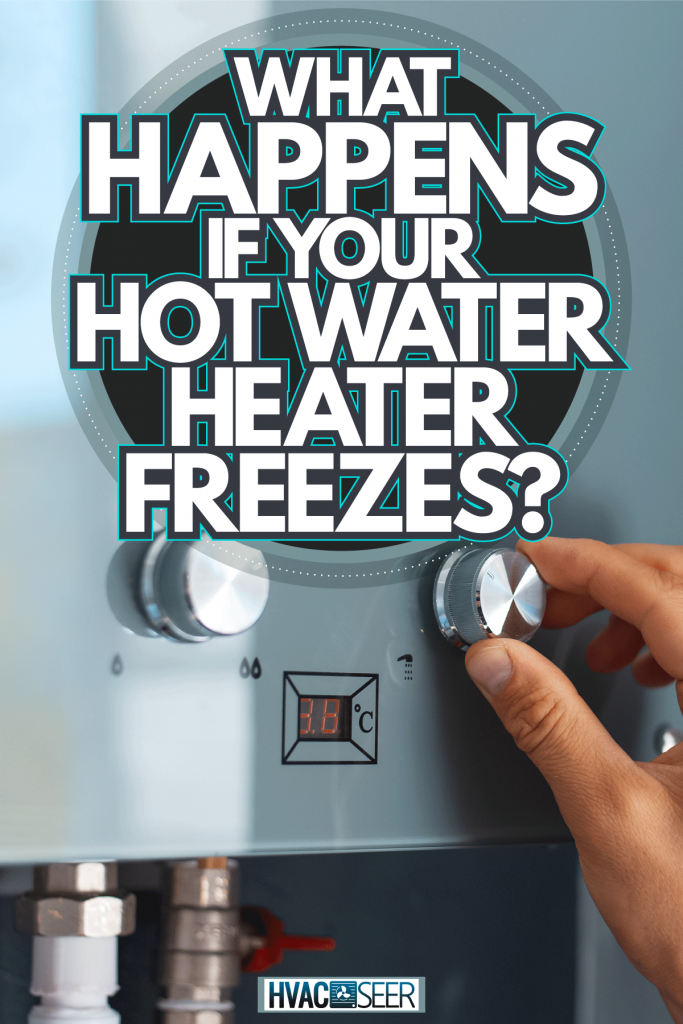
Does Cold Weather Affect a Hot Water Heater?
Before going over the damages, you might face if your water heater freezes, we'll have to cover how cold weather can affect it. More specifically, when should you start worrying about your water heater during the winter months? After all, using water heaters wouldn't be viable if they could freeze easily.
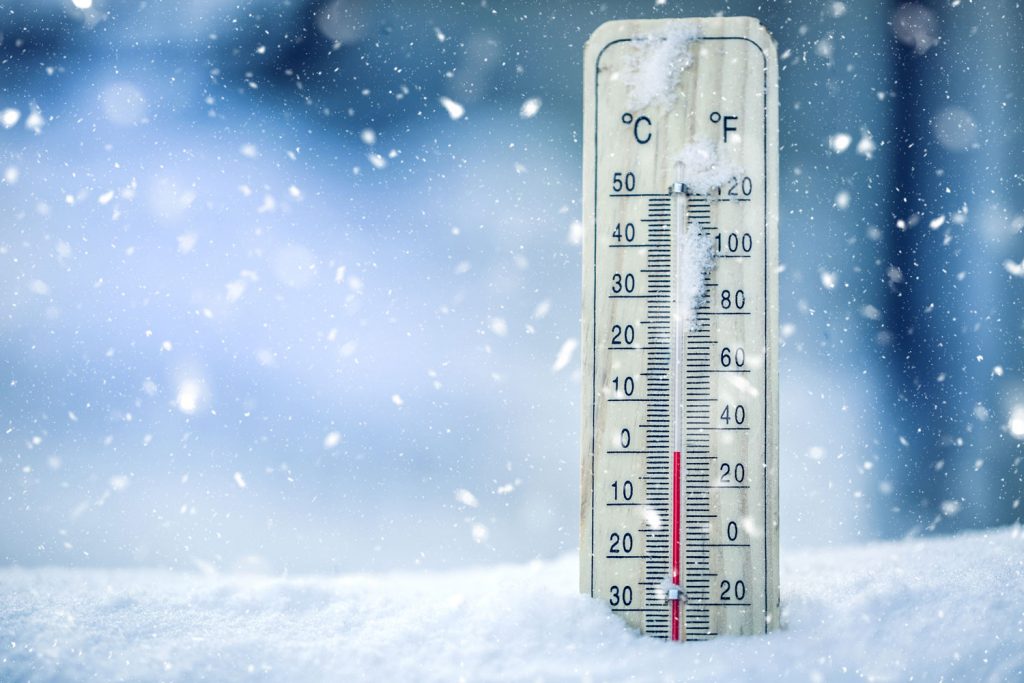
And, you'd be right to make that assumption. As plumbing experts suggest, there are some precautions taken for water heaters. Most indoor and outdoor water heaters will have built-in freeze protection. So, when temperatures drop to the negatives, it shouldn't be able to freeze quickly.
However, freeze protection doesn't make it freeze-proof. There's still a chance your water heater can freeze due to extreme temperatures. Now, it begs the question, how can we minimize the risk?
How Do I Stop My Water Heater From Freezing?
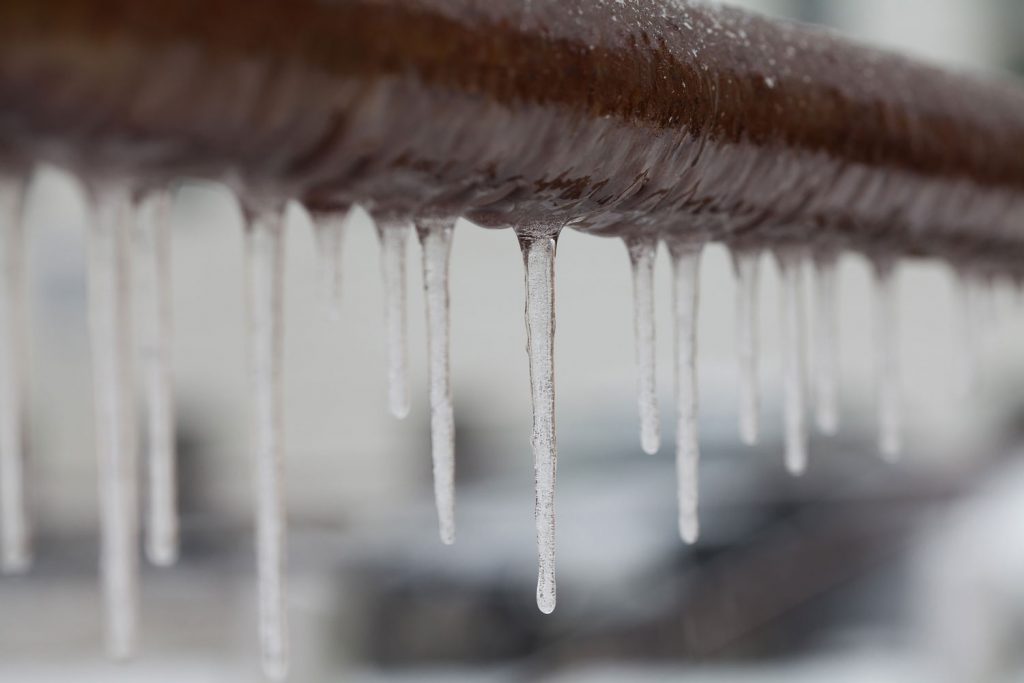
There are some preventative steps you can take to lower the chances of your water heater freezing. It all depends on how proactive you are about the situation.
Draining Water
The first safety precaution would regard power outages or extended vacations. When there's no power to the water heater, you're going to have standing water inside. And, when you add cold weather to the mix, the water will freeze and expand. This process can damage plastic components inside.
For this reason, tankless water heater manufacturers like Noritz recommend draining the unit when there's no power supplied to the heater. This recommendation also applies when you're going away for an extended period during the winter months.
Pipe Insulation
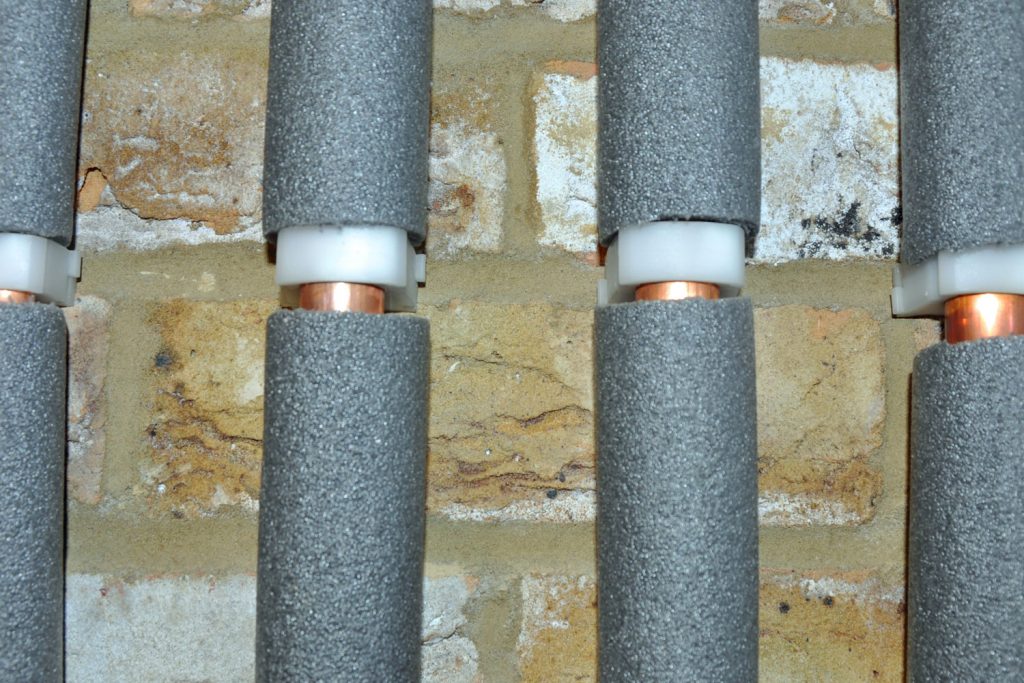
No one wants to deal with frozen pipes. And, when they burst, it's equally unpleasant. So, to add a layer of protection, you can insulate the pipes themselves.
Preventative measures like these are necessary because the anti-freeze prevention system doesn't protect pipes. In other words, they're more at risk of freezing than the heater.
Insulating your pipes can be a relatively simple DIY job. If this sounds doable for you, let's go over a brief guide on how to insulate your pipes.
The most common insulation for water heater pipes is polyethylene foam, neoprene foam, or fiberglass pipe-wrap. If you want something more specific for your situation, the EPA would recommend using fiberglass pipe wrap with gas water heaters.
If you want to insulate pipes for an electric water heater, the two common options are polyethylene or neoprene foam. The process to protect the water pipes from cold weather is simple.
You'll need to measure the pipes, cut the pipe sleeve according to your measurements, and secure the sleeve.
Avoid Installing Your Water Heater Near Cold Areas
This aspect depends on your situation. But, your water heater would do best if it's installed in a well-insulated area. When the heater is in a heated space, it's less likely to freeze during the winter months.
Keep A Power Source
Of course, we don't have control over every situation. We don't see power outages coming. It's always an unexpected case. But, we can control how it will affect us.
If your area frequently has power outages, make sure you have a battery backup system. Otherwise, you could use drain-down solenoids as a fail-safe when the power goes out. A drain-down solenoid will keep a valve closed as long as it gets power.
Once it fails to get power, it will open the valve to drain the water heater. It's something you can look into if you're interested. But, some would advise against it. They note that situations where you need to drain it when you're not present, are too rare.
What Happens If Your Water Heater Freezes
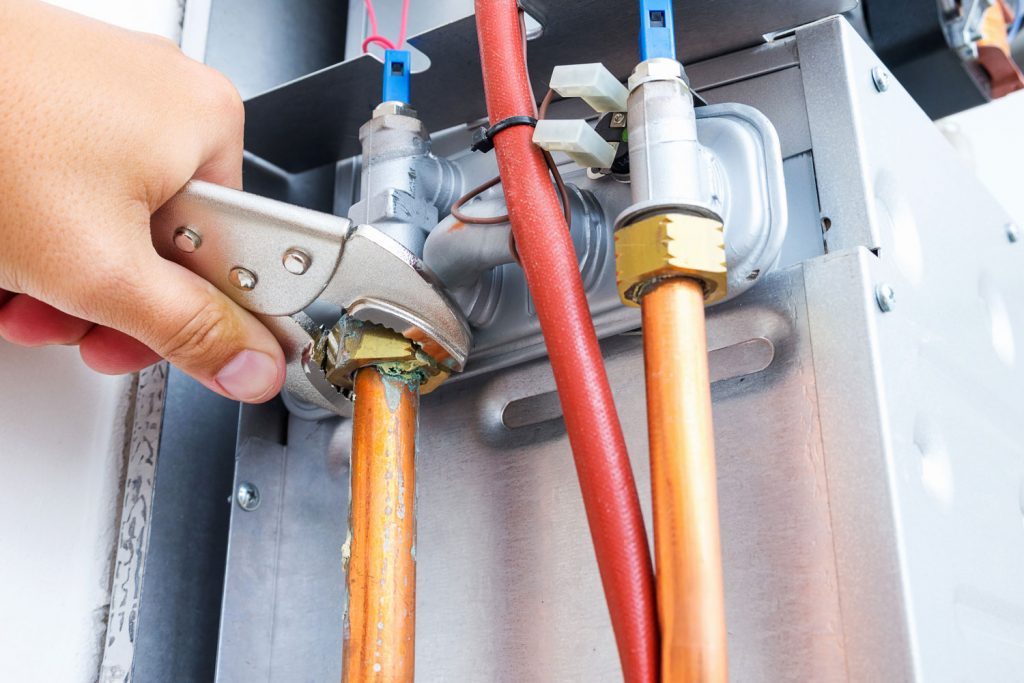
Pipes are the center of attention when cold weather comes around the corner. But, can it damage the water heater itself? Plumbing experts would suggest that water heaters, tank or tankless, can potentially freeze too.
When it does freeze, the frozen water will damage the metal on your water heater. If the damage is severe enough, it will cause leaks. However, this situation is more frequent on old water heaters. And, as mentioned, there's a bigger risk of freezing when the water tank is in an unheated area.
How Do You Know if Your Hot Water Heater Is Frozen?
Now we should have an idea of the risks associated with a frozen water heater. In addition, we also have some preventative measures to prevent this situation from happening. But, we can't always have complete control.
How do we know when the water heater is starting to freeze or is already frozen? Luckily, you don't have to play a guessing game. Some signs could indicate your water heater is getting close to freezing. And, if you catch them early, you can save yourself the hassle of expensive repairs.
However, some cases will require repairs upon further inspection.
Inconsistent Hot Water
The first sign of trouble would be inconsistent hot water. Whether it's a hot shower that's suddenly lukewarm or no hot water while doing dishes, something's wrong with your water heater.
An easy fix would be to set the thermostat to a higher temperature. This way, you can adapt to the weather when it's reaching uncommon extremes.
In the worst case, you might need a professional to come to take a look at what's wrong with the water heater.
Changes In Your Energy Bills
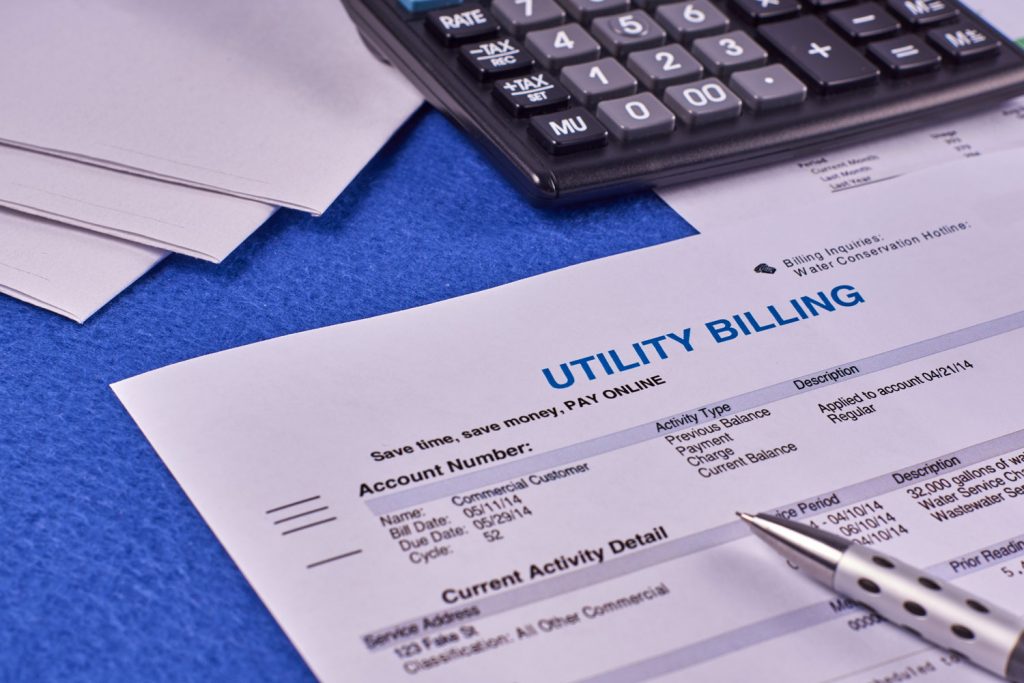
Another sign you can spot is an increase in your energy bills. You have to remember that water heaters need to use energy to maintain a consistent flow of hot water. When the winter months come, it can be a struggle for it to continue to do so.
Though, this situation seems to apply more to tank-style water heaters. Since they store hot water until it's ready to be used, it will work harder to maintain it hot. It's a difficult task because heat is lost to the environment.
So, when the water loses heat, the heater turns on to reheat the water. As mentioned, you can always use preventative measures to reduce the risk of it freezing. You can use an insulation jacket to minimize heat loss with tank-style water heaters.
Unlikely That Your Water Heater Freezes
Some would suggest that a water heater would only freeze under rare circumstances. It can't be as simple as cold weather. The water heater might only freeze if there's a long power outage. In other cases, it could freeze if the utilities were shut off for a long period without proper winterization.
If you suspect something is frozen, inspect the pipes in and out of the heater. Once you spot the problem, you can try your best to defrost it. You need to apply heat to the area until water starts running again.
After you get the water running, you need to inspect the pipes for any signs of damage. As a precaution, make sure you know how to shut the water off to stop the flow if there is a leak in the pipes.
Should I Turn Off My Hot Water Heater if My Pipes Are Frozen?
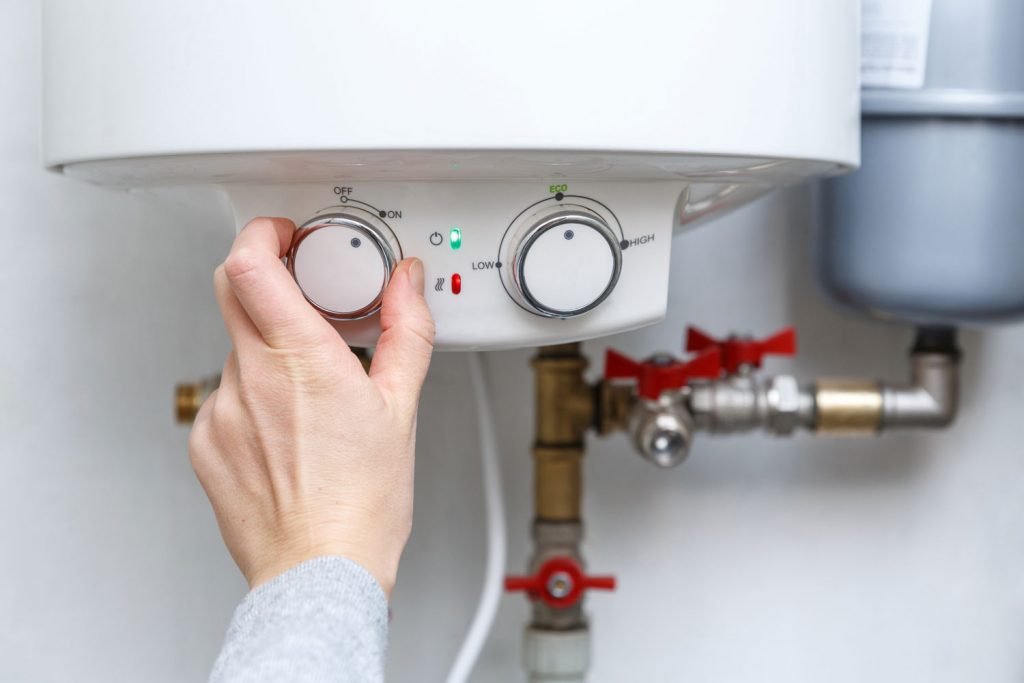
When the pipes are frozen, it's time to act quickly. Acting right away will prevent further damage from taking place. When you're in this situation, you might be wondering if you should shut off the water heater.
Some would recommend turning off your main water supply valve and the water heater when this happens. This way, you can prevent further damage. Once it's shut off, get a professional to take a look. They will know the course of action to take.
Final Takeaway
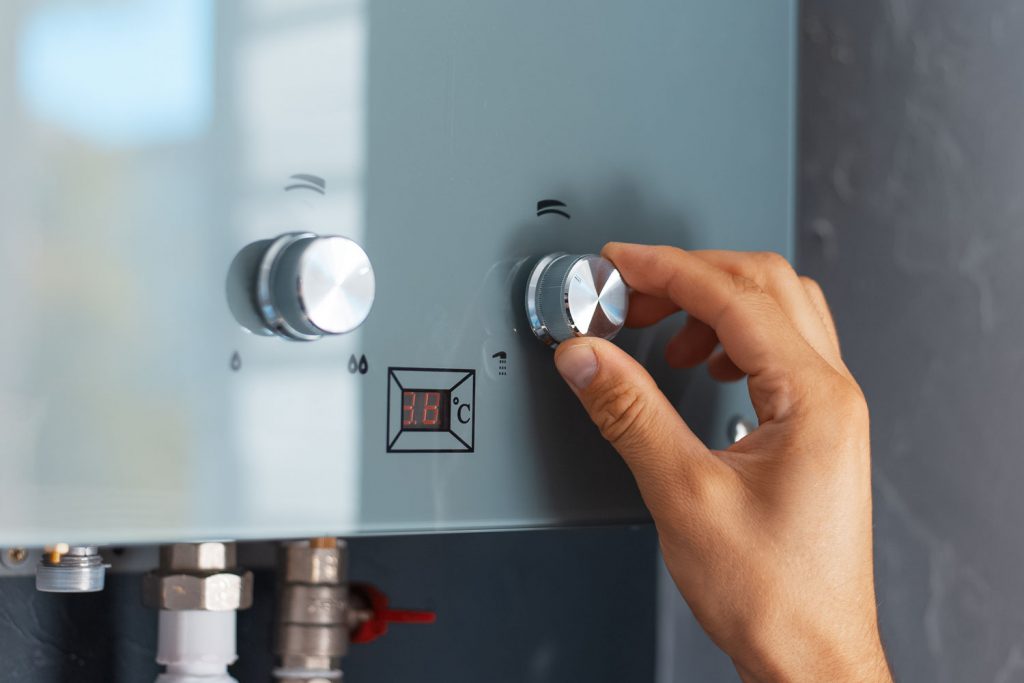
Even if it hasn't occurred yet, it's always a good idea to acknowledge some of the difficulties you might face. Frozen water heaters are a rare occurrence. Nevertheless, they can happen! We hope you found the information above helpful!
Before you go, do you have other water heater concerns? Are you curious to know how often it should run? To learn more, check out our post, "How Often Does A Water Heater Run?"
Do you own a heat pump? When temperatures are below freezing, the performance might drop. If you'd like to know if a heat pump stands up to the task, check out our post, "Do Heat Pumps Work Below Freezing?"
